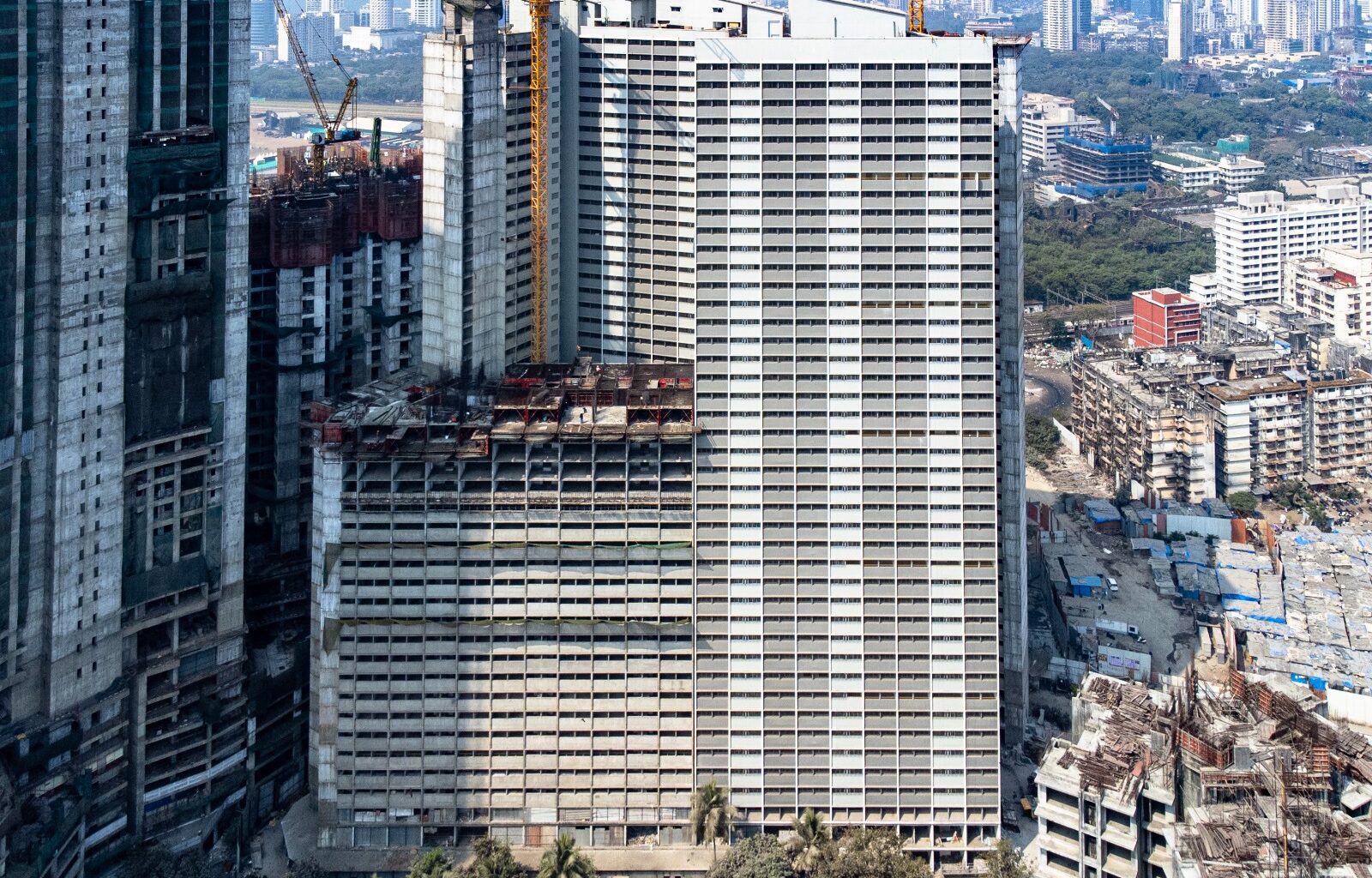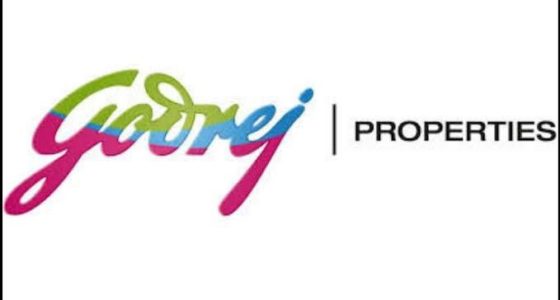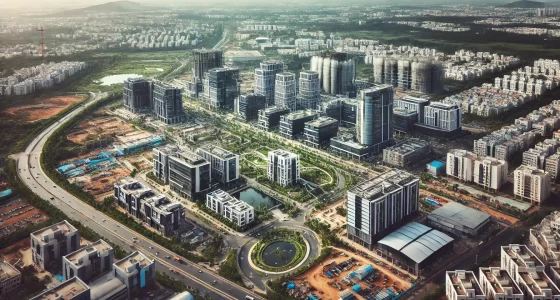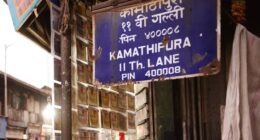In a major SRA housing milestone, Mumbai-based redevelopment major Omkar Realtors has commenced delivery of rehab homes in the world’s tallest rehabilitation towers at the iconic Dhobi Ghat (Mahalaxmi), Mumbai. Around 1000 families have started getting their new homes along with 19 retail units in Phase 1 at Saibaba Nagar, Mahalaxmi. The phase 1 handover of this SRA project in two towers will be housing approximately 5000 residents of societies bordering the dhobi ghat.
Developed under the aegis of Maharashtra government’s slum rehabilitation scheme, this project will be housing approx. 16,000 slum residents in phases. The iconic Dhobi Ghat is one of the largest outdoor open laundries in the world with the majority of residents in vicinity engaged in laundry-based services. This project is spread across 12 acres of prime land in south Mumbai’s Mahalaxmi location and includes luxury housing overlooking the race course and Arabian sea.
The project, a joint venture, between Omkar and Piramal realty will primarily benefit dhobis and people in associated labour such as dyeing, drying, transportation, ironing etc. This project is situated more than 150 meters away from the heritage site, though retaining its natural charm.
The entire slum rehabilitation project has also set a qualitative benchmark for rehab development with the state of art construction, deployment of spaces for welfare centres, society offices and balwadis (education purpose). The 4-towered SRA project is also deploying 16 elevators of leading German brand Schindler; normally offered in premium housing only.
Omkar has been in the forefront in the slum redevelopment space. As a major player in the field, Omkar is working towards scaling up its high-quality deliveries. Recently, the company crossed the 3,000-houses delivery milestone at Omkar’s Bhoiwada (Parel-Sewri) project; in addition to delivering more than 16,000 houses in the SRA space over the past decade.
The annual turnover of the dhobi business is pegged at approximately Rs 125 crore annually with a major faction of residents associated with the laundry business for their livelihood. More than half of the new generation of dhobis have moved out of traditional family business.
With technological advancement and mechanization in the washing and drying process, the traditional dhobi way of washing clothes is getting obsolete. Dhobis are upgrading their skill sets in washing that require much lesser quantity of water and also decrease the chances of health hazards.
Also Read: Financial Institutions To Redevelop Stuck SRA projects








